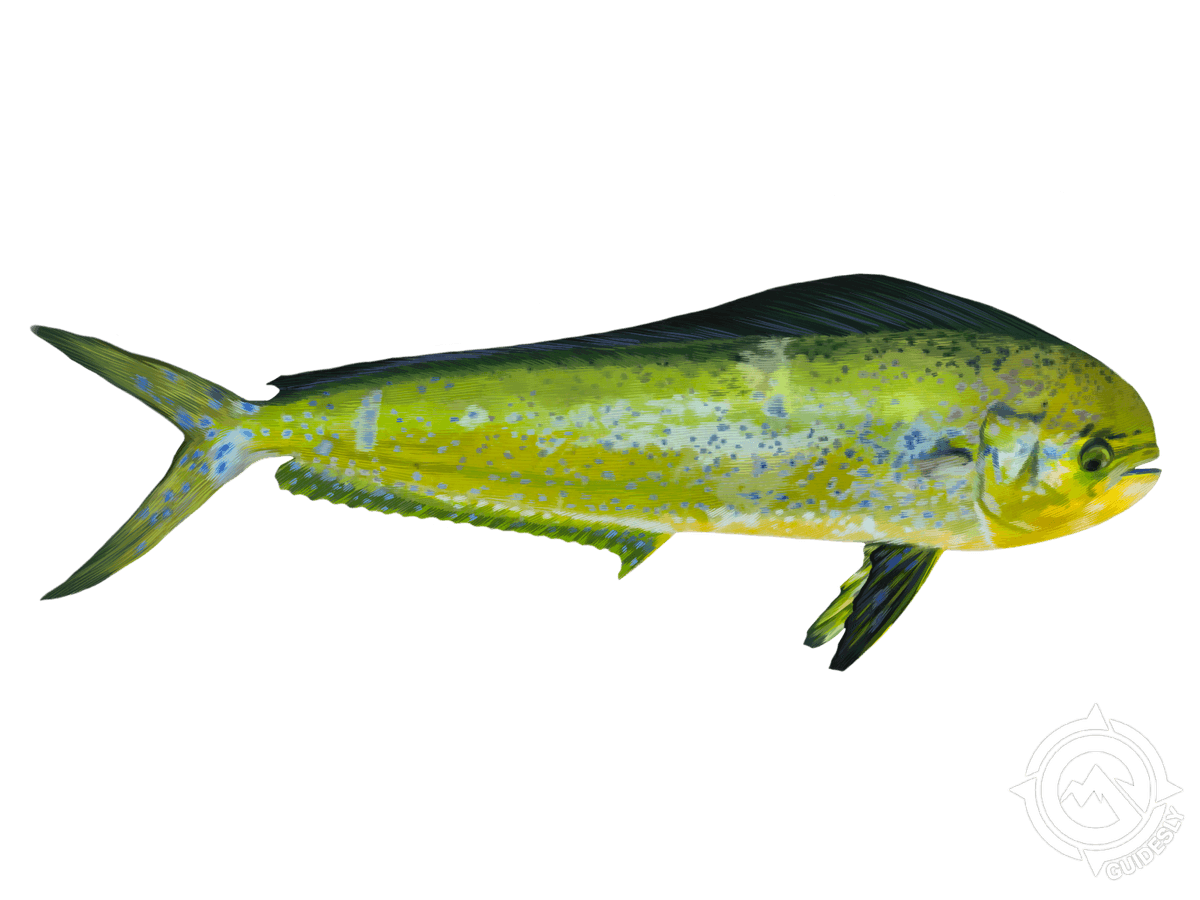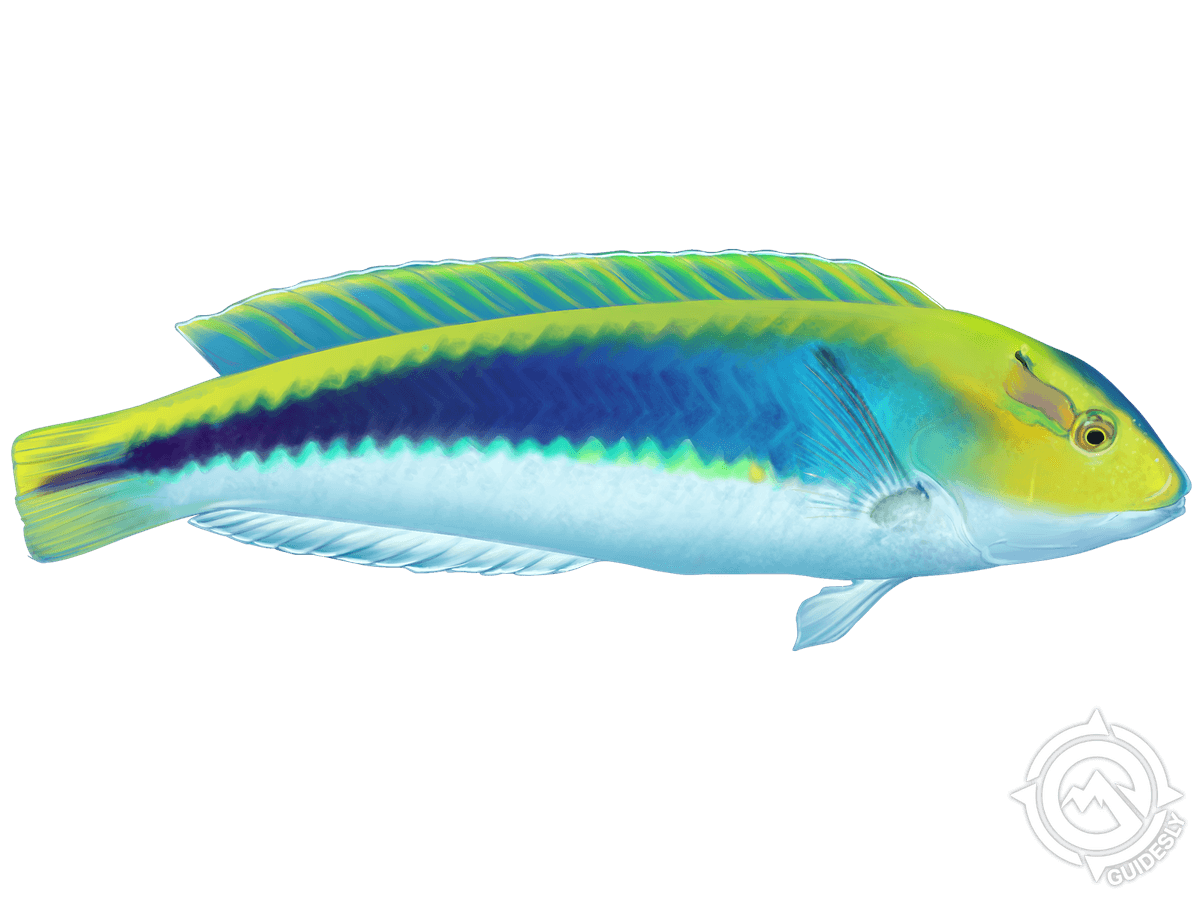World-Class Cayman Deep Sea Fishing | Jackson
- Published Date: July 18, 2025
- Fishing
- Cayman Islands
- $900 - $2,000 price range
Summary
%2F%2Fusers%2Fbdfcc250-c558-4066-9a7b-f477c77790a4%2Fratecard%2F77379460_540159250141088_7828824833340211200_n.jpg&w=1200&q=75)
Big Fish, Big Smiles


Reel in Big Game on Grand Cayman's Deep Blue
Hey there, fellow angler! Ready to test your skills against some of the Caribbean's most sought-after sport fish? Our Cayman Islands Deep Sea Fishing trip is your ticket to hooking into the big ones just off Grand Cayman's stunning shores. In just four hours, we'll zip you out to where the real action happens – up to 12 miles offshore where the water turns that mesmerizing cobalt blue and the pelagics are on the prowl.
What to Expect on the Water
We'll be cruising on a slick 28' center console that's built for both speed and comfort. It's the perfect rig for chasing down those fast-moving schools of Mahi Mahi or posting up over a deep ledge for a shot at a trophy Swordfish. Our experienced captain knows these waters like the back of his hand and will put you on the fish using a mix of trolling and deep dropping techniques. Whether you're a seasoned pro or it's your first time wetting a line in the deep blue, we've got you covered with all the top-notch tackle and gear you'll need. And the best part? We can accommodate up to 6 anglers, so bring your crew and make it a friendly competition.
Techniques That Land Lunkers
Out here, we play the conditions to maximize your chances of hooking up. Most days, we'll start by setting out a spread of trolling lures – colorful skirts and hard baits that mimic the local baitfish. We'll pull these behind the boat at varying distances, creating a tempting buffet for predators like Wahoo and Yellowfin Tuna. If we mark some fish holding deeper, we might switch gears and drop some live bait down. This method is killer for targeting those big, bottom-dwelling Grouper or even the elusive Swordfish. Throughout the trip, keep your eyes peeled for any floating debris – these often attract schools of Mahi Mahi, and we can quickly switch to pitch baits or light tackle for some fast and furious action.
Species You'll Want to Hook
Let's talk about some of the hard-fighting fish you might tangle with on this trip. The Yellowcheek Wrasse might not be the biggest fish in the sea, but these colorful characters put up a scrappy fight on light tackle. They're a blast to catch around the reefs closer to shore, and their vibrant colors make for some great photos.
Now, if you're looking for the fight of your life, keep your fingers crossed for a Blue Marlin. These ocean giants can top 1,000 pounds and are known for their acrobatic leaps and blistering runs. Spring through early fall is prime time for Marlin in Cayman waters, and even if you don't boat one, just seeing one of these majestic fish is an experience you'll never forget.
Mahi Mahi, also known as Dorado or Dolphinfish, are another crowd favorite. These neon-green and gold speedsters travel in schools and are famous for their aerial displays when hooked. They're also delicious, so if you're looking for some fresh fish for dinner, Mahi is hard to beat. We tend to find them near floating sargassum patches or around fish aggregating devices (FADs).
Wahoo are the speed demons of the sea. These sleek, striped torpedoes can hit lures at over 60 mph and make drag-screaming runs that'll have your heart pounding. They're most common in the winter months but can be caught year-round in Cayman waters.
Last but certainly not least, there's the Swordfish. These deep-dwelling gladiators are the holy grail for many anglers. They're elusive and challenging to catch, often requiring specialized deep-dropping techniques. But when you do connect with one, be prepared for an epic battle that can last hours. Swordfish can be targeted year-round in the Cayman Islands, with peak season typically running from late fall through early spring.
Why Anglers Keep Coming Back
What sets our Cayman Islands deep sea trips apart is the perfect mix of world-class fishing and convenience. In just a half-day, you can be back on the dock with a cooler full of fresh fish and stories to last a lifetime. Our crew takes care of everything – from rigging the lines to cleaning your catch at the end of the day. Plus, the waters around Grand Cayman are teeming with life year-round, so there's always a good chance of hooking into something exciting, no matter when you visit.
Time to Book Your Spot
So, are you ready to chase some pelagics in paradise? Our Cayman Islands Deep Sea Fishing trip is the perfect way to experience the thrill of offshore angling, even if you're short on time. Whether you're dreaming of battling a Blue Marlin or just want to reel in some tasty Mahi for dinner, we've got you covered. Remember, we can only take 6 anglers per trip, and spots fill up fast – especially during peak season. So don't wait to lock in your date. Grab your sunscreen, your lucky fishing hat, and let's go make some memories on the deep blue waters of Grand Cayman. Book now, and get ready for some serious rod-bending action!
Learn more about the species
Blue Marlin
Blue Marlin are the giants of the billfish world, with females reaching up to 1,800 pounds and 16 feet long. You'll find them in warm, deep offshore waters following the currents. Here in the Caymans, we see them year-round but spring and summer are peak seasons. Anglers love Blue Marlin for their incredible strength, speed, and acrobatic jumps when hooked. The fight can last hours. They're apex predators, feeding on tuna, mahi, and other large fish. When targeting them, we usually troll with large lures or rigged baits like ballyhoo. The key is covering lots of water and watching for signs like frigate birds or floating debris where they might be hunting. Landing a Blue Marlin is the holy grail for many sport fishermen - it's an unforgettable experience.

Mahi Mahi or Common Dolphinfish
Mahi Mahi, also called dorado, are one of the most colorful fish you'll see. They average 15-30 pounds but can get up to 80. You'll find them in open water, often near floating debris or weed lines. Mahi are fast growers and quick swimmers, known for their acrobatic jumps and hard fights. We catch them year-round here, but peak season is April to October. They're a blast to catch on light tackle, and make excellent eating too - firm white meat with a mild, sweet flavor. When we're targeting mahi, we'll troll with ballyhoo or artificial lures, or sometimes float live bait near debris. A local trick: if you hook one, keep it in the water to attract others - they often travel in schools. The bright colors and great eating make mahi a favorite for many of our guests.

Swordfish
Swordfish are deep-water giants, averaging 9 feet long but able to reach 15 feet and over 1,000 pounds. They're found in warm waters worldwide, including right off our shores. We target them at night when they come to shallower depths around 300 feet. Swordfish are known for their strength and stamina - fights can last hours. They're also excellent eating, with firm, white meat. We use special deep-drop techniques, lowering baits (usually squid) with heavy weights and lights to attract them. It takes patience, but when that rod doubles over, you know you're in for a battle. Interestingly, swordfish can heat their eyes and brain, giving them an edge hunting in cold, dark water. Landing one of these prehistoric-looking fish is truly a memorable experience.

Wahoo Fish
Wahoo are sleek, torpedo-shaped fish that are lightning fast - they can hit speeds over 60 mph. They average 3-5 feet long but can reach over 8 feet and 180 pounds. You'll find them in blue offshore waters, often near drop-offs or underwater structures. Here in the Caymans, we catch them year-round, but fall and winter are usually best. Wahoo are prized for their speed and hard fights, plus their white, flaky meat is excellent eating. We typically target them by high-speed trolling with wire leaders - their razor sharp teeth will slice through regular line. Lures that mimic flying fish or squid work well. A local tip: try varying your trolling speed to trigger strikes. When a wahoo hits, it's like a freight train took your bait. Pound for pound, they're some of the hardest fighting fish out there.

Yellowcheek Wrasse
Yellowcheek Wrasse are small but colorful fish, usually around 11 inches long. You'll find them hanging out near coral reefs in depths of 65 to 300 feet. These little guys are cleaner fish when young, picking parasites off larger fish. As adults, they graze on small crustaceans and worms. While not a major game fish, they can be fun for kids to catch off piers using small hooks and bait like fresh mussels. Just be careful releasing them - lower them gently back into the water. Yellowcheek Wrasse are hermaphroditic and can change sex if needed for spawning. They're popular for aquariums due to their bright colors, but in the wild, they play an important role keeping other fish healthy. If you spot one while snorkeling, watch how it darts in and out of the coral - pretty neat little fish.

About the Jackson Watersports
%2F%2Fusers%2Fbdfcc250-c558-4066-9a7b-f477c77790a4%2Fvehicle_picture%2F67239268_457431518413862_4770324926177476608_n.jpg&w=1200&q=75)
Vehicle Guest Capacity: 10
Manufacturer Name: Yamaha
Maximum Cruising Speed: 38
Number of Engines: 2
Horsepower per Engine: 200
%2Ffit-in%2F250x250%2Fguide_websites%2F31402%2Fimages%2F1762990246385jacksonvillewatersportslogo.png&w=1200&q=100)
%2Fusers%2Fbdfcc250-c558-4066-9a7b-f477c77790a4%2Fimages%2Ffishing-west-bay-2527.jpg&w=768&q=75)
%2Fusers%2Fbdfcc250-c558-4066-9a7b-f477c77790a4%2Fimages%2Ffishing-adventure-west-bay-2491.jpg&w=768&q=75)
%2Fusers%2Fbdfcc250-c558-4066-9a7b-f477c77790a4%2Fimages%2Fwest-bay-fishing-adventure-2520.jpg&w=768&q=75)
%2Fusers%2Fbdfcc250-c558-4066-9a7b-f477c77790a4%2Fimages%2Ftwo-great-barracuda-west-bay-2605.jpg&w=768&q=75)
%2Fusers%2Fbdfcc250-c558-4066-9a7b-f477c77790a4%2Fimages%2Fmassive-tuna-wahoo-catch-2798.jpg&w=768&q=75)
%2Fusers%2Fbdfcc250-c558-4066-9a7b-f477c77790a4%2Fimages%2Ffishing-adventure-west-bay-2650.jpg&w=768&q=75)
%2Fusers%2Fbdfcc250-c558-4066-9a7b-f477c77790a4%2Fimages%2Fatlantic-bonito-west-bay-fishing-2560.jpg&w=768&q=75)
%2Fusers%2Fbdfcc250-c558-4066-9a7b-f477c77790a4%2Fimages%2Ffishing-west-bay-2326.jpg&w=768&q=75)
%2Fusers%2Fbdfcc250-c558-4066-9a7b-f477c77790a4%2Fimages%2Ffishing-adventure-west-bay-2473.jpg&w=768&q=75)
%2Fusers%2Fbdfcc250-c558-4066-9a7b-f477c77790a4%2Fimages%2Fwest-bay-fishing-expedition-3041.jpg&w=768&q=75)
